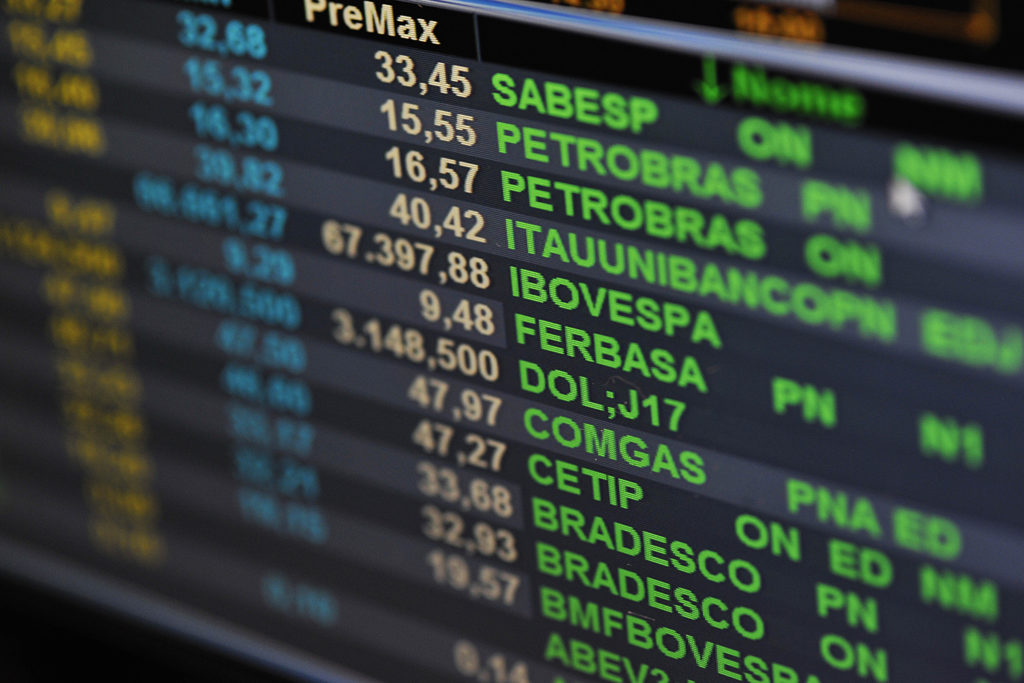RIO DE JANEIRO, BRAZIL – With the growing expectation of at least initiating coronavirus immunization in some parts of the world in the coming weeks, the market is optimistic about the short-term future.
In November, the IBOVESPA reached its best monthly performance since 2016 and the dollar, which had hit R$5.78 a month ago, stabilized at around R$5.30 – mainly due to the increase in foreign capital flow to emerging countries.
But according to economist Bruno Lima, EXAME Research specialist in variable income, these positive achievements are not exactly a merit of the Brazilian economy.

“The excess of liquidity worldwide raises the appetite for risk and the exposure of investors to emerging markets. When taking the decision to invest in these markets, a part of the flow will naturally go to Brazil – but due to inertia”, explains Lima. “Biden’s election has greatly reduced global uncertainties, as well as vaccine prospects. The remaining risk here is domestic tax issues.”
“When there is excess capital, the discussion shifts to allocation: are there many people taking unnecessary risk for having surplus money? Brazil today is infinitely smaller in terms of capital allocation than it was in the past 12 months. We have lost relevance in market indexes, such as the MSA.”
Today China represents 40% of the index, while Brazil is far below. So, the resumption of foreign flow does not represent an optimism with Brazil, but rather a liquidity surplus in the world,” said Bruno Lima.
According to experts, the formula for this “surfing” to become a tangible turning point in the Brazilian economy is already known: the progress of economic agendas in Congress. With the end of the year just around the corner, internal political disputes are drawing to a close – and this is what the market will be watching.
“What we learned in 2019 is that, even if well advanced, it is difficult for major issues to be quickly submitted and passed in Congress,” explains Arthur Morta from EXAME Research, recalling that the STF (Federal Supreme Court) must decide by Friday, December 4th, on the eligibility for re-election of the incumbent Senate and Chamber presidents, which should unblock work in both Houses. “What is decided there will be important for the political leaderships which, in turn, will influence strategies and agendas.”
Source: Exame

